How to Select the Right Hearing Aids for Your Needs
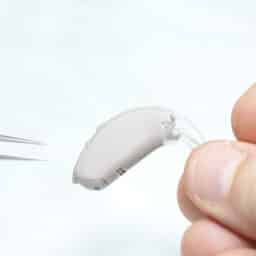
An estimated 28.8 million Americans could benefit from using hearing aids, yet many people don’t take advantage of them, often because navigating the selection process can feel overwhelming. With so many models, styles and features available, it’s easy to feel unsure about where to begin. Thankfully, with a little expert input and the right evaluation,…
What to Know About Protecting Your Residual Hearing
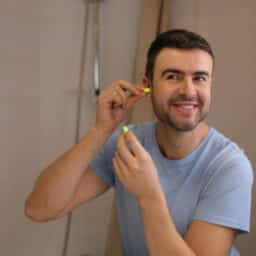
Once hearing loss has been identified, one of the most important steps you can take is to protect the hearing you still have, also known as residual hearing. Since most types of hearing loss can’t be reversed, protecting what remains is key to maintaining your long-term hearing health. The Importance of Preserving Residual Hearing Your…
Does My Sleeping Position Affect My Ear and Hearing Health?

When you consider ear health, you likely typically think about things like hearing loss or ear infections, and don’t consider how you sleep. Your sleeping posture, especially if you’re a side sleeper, can influence everything from ear pain to hearing aid care. Surprisingly, how you rest your head at night may impact your ears more…
What to Ask My Audiologist at My First Appointment
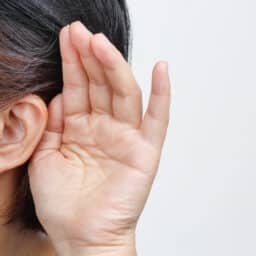
Nearly 15% of American adults have reported some trouble hearing. During your first appointment with a hearing specialist, they will perform a hearing test to determine the extent of your hearing loss. Knowing the exact type is essential for choosing the best way to manage hearing loss. This appointment is a great time to come…
Impact of Hormones on Hearing Loss

Our bodies rely on a delicate balance of hormones to regulate essential functions, from metabolism to mood, and can even impact our hearing. While many people may be aware of how aging or noise exposure can affect hearing, fewer realize that hormonal fluctuations might also play a role. The Connection Between Hormones and Hearing Hormones…
Get The Most From Your Hearing Aids with These Care Tips
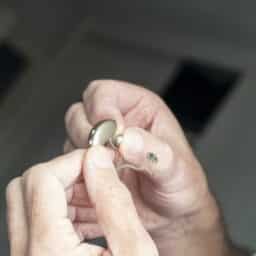
Hearing aids can change your life for the better by connecting you to a variety of sounds. Taking proper care of your devices helps them last longer and continue help you hear. Here are a few hearing aid care tips from . Clean Your Hearing Aids Regularly Keeping your hearing aids clean makes it easier…
What Musicians Should Know About Tinnitus

If you are a musician dealing with tinnitus, you are not alone. Though studies vary, it’s estimated that anywhere between 30% and 50% of music professionals have tinnitus, or ringing in the ears. This condition can be particularly bothersome for musicians since they are already heavily in tune with sounds and frequencies. How Musicians Can…
Tips for Attending a Wedding with Hearing Loss
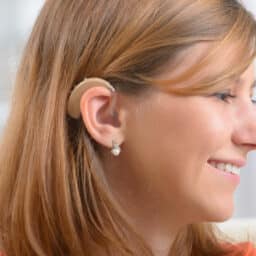
If you experience hearing loss, you’re far from alone. According to the National Institute on Deafness and Other Communication Disorders, “Approximately 15% of American adults (37.5 million) aged 18 and over report some trouble hearing.” It’s the start of wedding season, and for those with hearing loss, it can be an anxiety-inducing time. It’s hard…
How Hearing Loss Can Isolate You

Loneliness and isolation can impact mental well-being. For those living with hearing loss, this impact may be especially profound. The Effects of Loneliness and Social Isolation A recent study from 2021 found that roughly 36% of Americans reported experiencing serious loneliness. Loneliness isn’t just about feeling disconnected, it’s linked to health risks like anxiety, depression…
The Relationship Between Hearing Loss and Mental Fatigue

Most of us have experienced mental fatigue after a long day of listening to presentations or attending Zoom meetings. However, if you have hearing loss you are likely to experience this fatigue sooner and more frequently. Struggling to Hear Wears Out Your Brain Hearing loss often happens because of damage to the hair cells of…